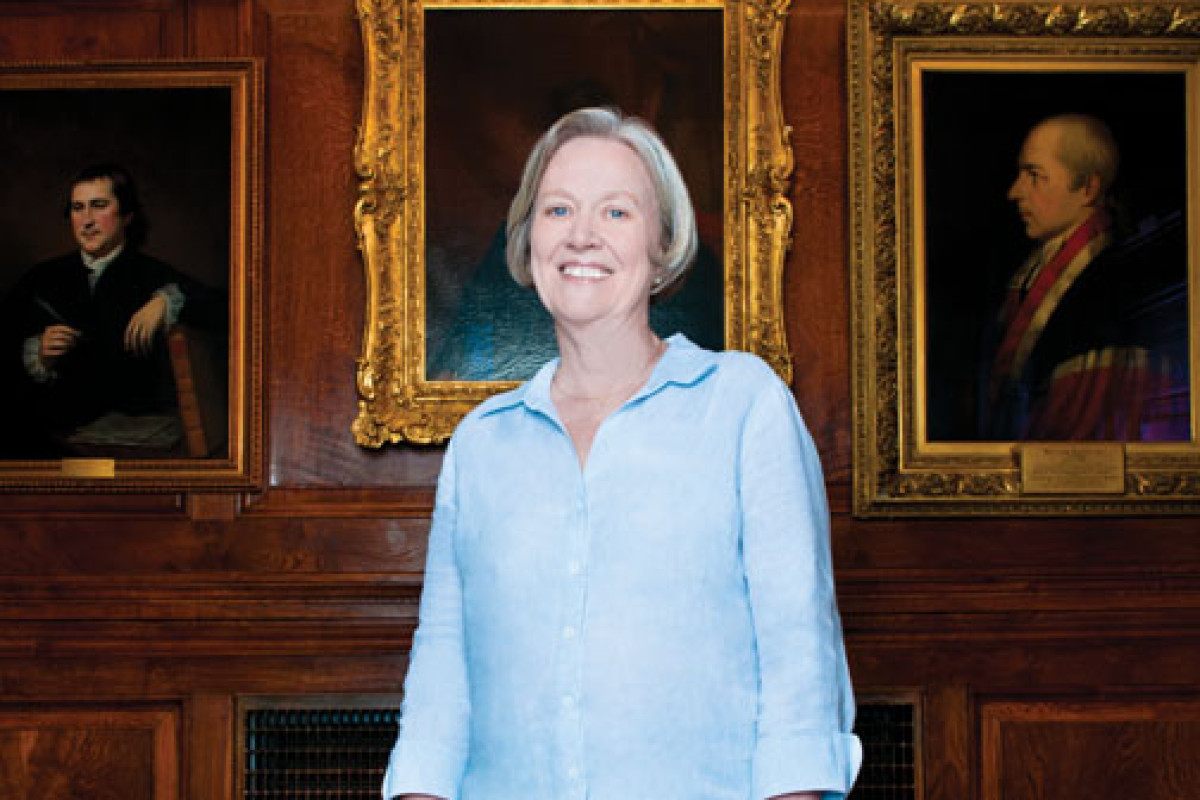Developing Next Generation Leaders
Leaders of the 21st century will be much more than “bosses” who dictate standardized practices to subordinates. Rather, successful leadership in the 21st century combines cognitive strengths with emotional connectivity. “To me 21st century leadership is about leading with the heart and to serve rather than rule,” notes Baptiste Raymond of Lafarge.
And indeed, many of the traits associated with leadership are from the heart: sensitivity, reflection, acceptance, humility, and resilience. In a world with blurred borders, potential leaders can emerge from every culture, race and nationality, possessing a variety of religious beliefs and sexual orientations. Ideally, diversity is no longer suspect but rather creates an environment that welcomes innovation and continual adaptation.
A 21st century leader is also a systems thinker who strives to align separate parts of an organization into an effective whole with a clear mission, long-term goals implemented with flexibility and transparent communication. Human beings are naturally resistant to change, but an effective leader adapts to change with agile development like a gazelle in a herd of elephants. Leaders are open to the opinions of their colleagues — be they superiors or subordinates. Whether a leader of a global cooperation or local school district, leaders value inclusive collaboration with a competitive edge. “Collaborative competition is the ying and yang of successful change,” notes prominent educational thought leader, Michael Fullan.
Women will play a wider role in 21st century leadership than in the 20th century. And they will not necessarily be graduates of Harvard Business School. Malala Yousafzai, who at age 15 was shot in the face by the Taliban because of her belief that girls should be educated, became an unexpected leader for the aspirations of women and girls throughout the world. She spoke before the United Nations General Assembly in 2013, explaining, “I speak not for myself but for those without a voice … those who have fought for their right to live in peace, their right to be treated with dignity, their right for equality of opportunity, their right to be educated.” Malala models herself after the leaders she admires most: Mohandas Gandhi, Martin Luther King, Jr., Mother Teresa, and Nelson Mandela. These leaders, like Malala, lead with the heart.
Extraordinary leaders like Malala inspire us all. But future female leaders benefit from support and mentorship during their youth. Dr. Shirley Tilghman, molecular biologist and president emerita of Princeton University, knows about the importance of leadership mentoring for girls. “Leaders are not made, they are developed by parents, teachers, friends, community members and by experience,” she told a group of young women in Princeton, New Jersey.
Dr. Tilghman presented a list of eight qualities she feels are essential to leadership:
- Strong sense of purpose – a future leader pursues a passion
- Ability to inspire others through the power of persuasion
- Strong moral compass exemplified by a life worth living
- Motivation to make the world a better place for others
- Refusal to allow others to define one’s priorities through persistence and a willingness to “break the mold” of expectations
- Openness to others and their ideas in a way that encourages listening and building community among diverse groups
- Willingness to make mistakes and to learn from them by making “midcourse corrections” in beliefs and actions
- Courage of convictions cultivated by a refusal to let fear dictate actions
She emphasized that though parents provide the ultimate guidance in developing self-confidence and morality in their children, educators do play a crucial role in creating leaders. Dr. Tilghman believes her experience as a scientist has shown her the importance of mentoring combined constant discussion and interactive experiences between students and professors. Professors must “force their students to get up and speak their minds,” she said, because settings where students are “absorbing knowledge and information but not challenging that knowledge by asking questions – hard, intellectual questions – will not push students to move beyond their natural inclinations.”
Dr. Tilghman led one of the most prestigious universities in the world as its president and continues to lead by mentoring future female scientists. But many girls who could be future leaders live in poverty in the environs of Princeton University. A group of local women could not bear the thought of all of that lost potential and wanted to do something. They formed the Fund for Women and Girls at the Princeton Area Community Foundation more than 10 years ago to reach out to social service organizations serving women and girls in nearby Trenton and Hightstown, New Jersey. The current leadership team has a mission to mentor local girls. The Fund recently teamed up with the Soledad O’Brien and Brad Raymond Foundation to send a contingent of Trenton girls to O’Brien’s PowHERful Summit in New York City. Journalists, scientists and economists coached the girls and shared experiences designed to “provide young women with a bridge between obstacles and opportunity, by giving them the resources to overcome barriers and reach their highest potential.”
Read more about the plans of the Fund for Women & Girls in an interview with its leadership team.
Leadership in the 21st century will blend essential cognitive and affective skills to address the opportunities and challenges with ingenuity and innovation in a world of diversity and blurred borders.
Photo New York Times













No Comments Yet!
You can be first to comment this post!